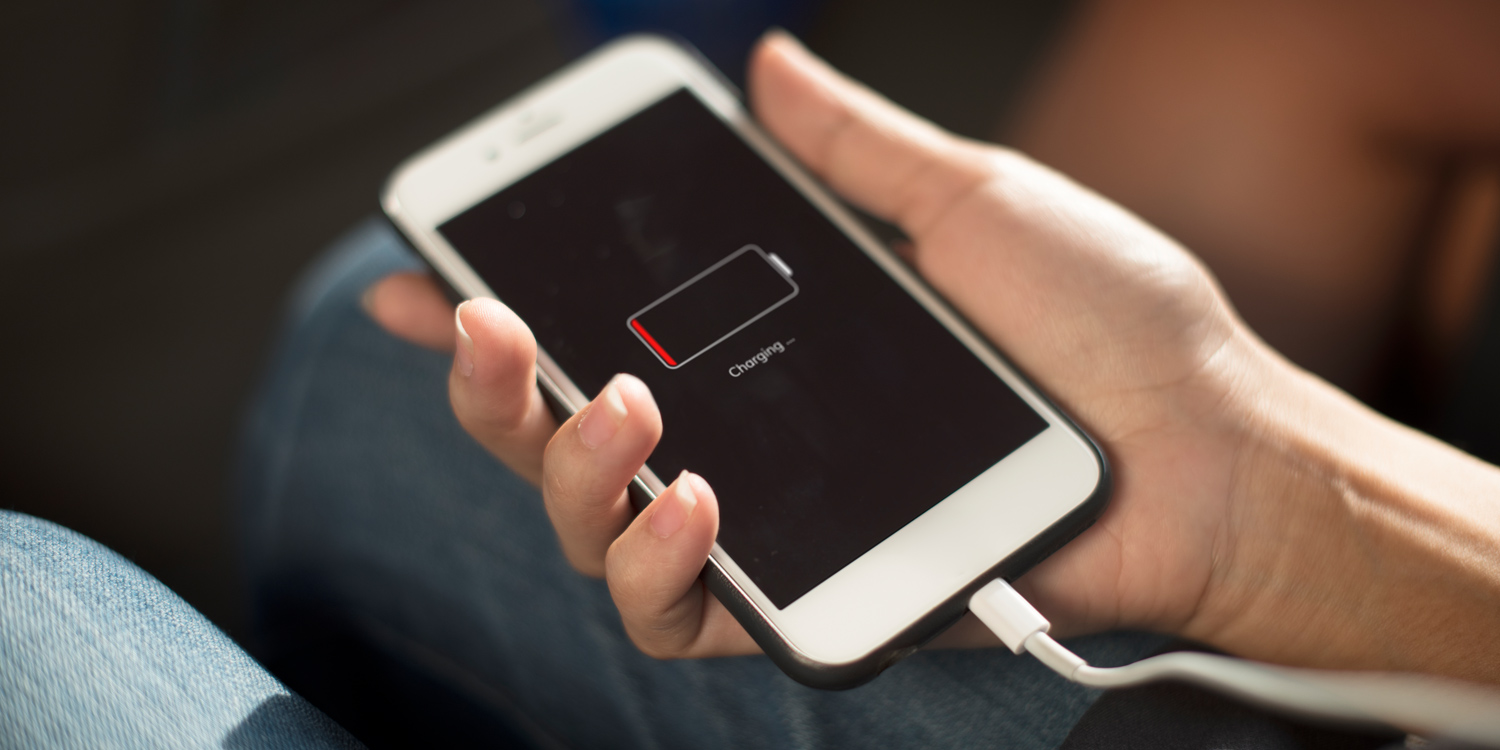- Apple is preparing to settle a class action lawsuit from 2020
- Millions of eligible claimants will receive around $65 each
- The suit stems from a 2017 controversy over Apple throttling iPhone performance
Six years on from Apple’s infamous “batterygate” scandal, the company is preparing to pay out a whopping $500 million to settle a class action lawsuit made on behalf of affected customers.
Batterygate refers to the performance management features introduced with iOS 10.2.1, designed to protect aging devices from random crashes. As batteries age and wear, they can’t reliably provide peak performance anymore, so Apple decided to make a trade-off: iPhones with worn batteries would throttle power to avoid shutdowns.
It’s a useful feature, allowing users to keep using their iPhones for longer. But when it launched, Apple didn’t tell users about the new feature and didn’t offer a way to disable it, which led many people to believe Apple was intentionally slowing older devices to encourage upgrades.
Nowadays, the feature is off by default, triggering only after a battery-related crash – and you can even manually disable that if you choose. But the damage was done from a PR perspective, and Apple eventually agreed to settle the class action lawsuit so we’d all stop talking about it. (Until now.)
If you’re one of the millions of eligible iPhone users who submitted a claim before the deadline back in 2020, you’ll soon receive a payout of around $65 from Apple. Not exactly a huge chunk of change, but coincidentally that’s about the right amount to pay for a battery replacement (unless you have an iPhone 14 or 14 Pro).
Replacing the battery solves the problem and is much cheaper than replacing the device. The Battery Health section of the Settings app has more information on how much your own battery has worn – we’d recommend considering a replacement if it dips below 80% peak performance.
Of course it’s too late to make a claim now, but if you’re curious who was eligible, this was the criteria when the suit was filed:
“If you are or were a U.S. owner of an iPhone 6, 6 Plus, 6s, 6s Plus, and/or SE device that ran iOS 10.2.1 or later before December 21, 2017, and/or a U.S. owner of an iPhone 7 or 7 Plus device that ran iOS 11.2 or later before December 21, 2017, you could be entitled to benefits under a class action settlement.”

